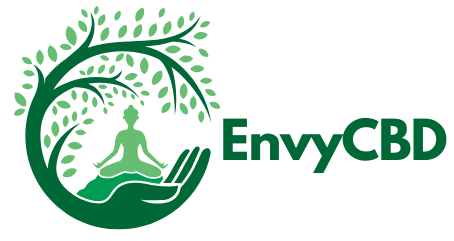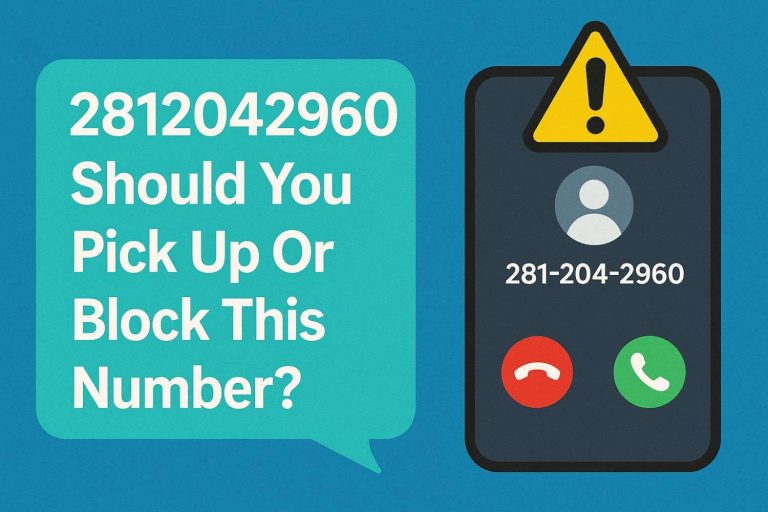If you’ve ever walked into a wellness store or browsed through the growing range of CBD products online, chances are you’ve come across the term “CBD tincture.” But what exactly is a tincture of CBD oil 3f?
As someone who’s spent over 15 years researching the intricacies of CBD, I can tell you that while the terms “CBD tincture” and “CBD oil” are often tossed around interchangeably, there’s more to these products than meets the eye.
Let me share a quick story. A few months ago, a friend of mine—who’s never been into wellness trends—asked me if CBD could help with her chronic migraines. We went through the usual questions about dosage, side effects, and which form of CBD to try.
When we arrived at tinctures, she was a little confused about what made them different from CBD oil.
This is a common question, and it made me realize how much clarity is needed for those looking to make informed decisions about incorporating CBD into their wellness routine.
So, let’s break it down, and I’ll guide you through the world of CBD tinctures and CBD oils. By the end of this, you’ll know exactly what you’re getting when you pick up that little bottle off the shelf.
Is It Safe to Take CBD Tincture Every Day?

When it comes to CBD, there’s one question on everyone’s mind: is it safe? Whether it’s a CBD tincture or oil, the general answer is yes, when taken responsibly. But like anything else, moderation is key.
CBD tinctures are usually alcohol-based, which means they act as a preservative, giving them a longer shelf life compared to oil-based products.
This makes them convenient for daily use, especially for people who are looking for a consistent experience. Taking a few drops under the tongue, which is how tinctures are typically consumed, ensures that the active compounds are absorbed quickly into the bloodstream.
That being said, CBD affects everyone differently. Some people may experience mild side effects like dry mouth, fatigue, or a change in appetite.
While these side effects are typically rare and non-threatening, it’s important to start with a lower dose and gradually increase it, allowing your body time to adjust.
If you’re planning to take CBD tincture every day, it’s also a great idea to consult with a healthcare provider, especially if you’re on medications, as CBD can interact with certain drugs. As always, safety first!
Which is Better, CBD Oil or CBD Tincture?

I’ve had clients ask me this question more times than I can count: “Is CBD oil better than CBD tincture?” To answer, let’s look at the key differences and what might work best for you.
| Feature | CBD Tincture | CBD Oil |
| Base Liquid | High-proof alcohol (ethanol). | Carrier oil (MCT, hemp seed oil). |
| Taste | Often bitter with a strong alcohol flavor. | Earthy, mild flavor, sometimes enhanced with flavorings. |
| Absorption | Taken sublingually for rapid absorption through mucous membranes. | Also sublingually, but may be slower to absorb due to oil’s thicker consistency. |
| Shelf Life | Long shelf life due to alcohol preservation. | Generally shorter, depending on the carrier oil. |
| Topical Use | Not ideal due to alcohol’s potential skin irritation. | Ideal for topical application on the skin. |
In general, CBD tincture tends to be preferred for fast absorption, especially for those who want a quick effect, such as people using it for anxiety or pain relief.
CBD oil, on the other hand, is a better choice for those looking for something milder and for topical use—for example, if you’re looking to relieve localized pain or support skin health.
Ultimately, both are effective, and your decision might depend on your personal preferences, the specific benefits you’re seeking, and how you plan to use the product.
How to Use CBD Oil Tinctures?

If you’ve decided to go with a tincture, here’s a quick guide on how to get the most out of your CBD oil tincture:
- Shake the Bottle: First, always shake the bottle before use. This ensures that the CBD extract is evenly distributed throughout the liquid.
- Measure the Dose: Most tinctures come with a dropper, which is great for measuring your dose. A typical starting dose is about 10–20 mg of CBD, but this can vary depending on your specific needs and the concentration of the tincture.
- Take It Sublingually: Place the measured drops directly under your tongue (the sublingual area). Hold it there for 30–60 seconds before swallowing. This method ensures faster absorption into your bloodstream for quicker effects.
- Adjust as Needed: If you’re new to CBD, start low and slow. Gradually increase the dose over time if you feel you need more support. Always pay attention to how your body reacts to find your sweet spot.
- Add to Food or Drink (Optional): While tinctures are most effective when taken sublingually, some people prefer to add a few drops to their food or drink. Keep in mind that this may reduce the effectiveness and speed of absorption, as it must first pass through your digestive system.
FAQ: Common Questions About CBD Tinctures
Q: How long does it take for a CBD tincture to work?
A: When taken sublingually, a CBD tincture usually starts working within 15-30 minutes. The effects may last anywhere from 4–6 hours depending on your body’s metabolism and dosage.
Q: Can I use CBD tincture for anxiety relief?
A: Absolutely! Many users turn to CBD tinctures for anxiety management. Taking a tincture sublingually allows for fast absorption, helping to calm the nervous system and reduce stress.
However, results may vary, so it’s essential to experiment with your dosage to find what works best for you.
Q: Can I take CBD tincture with other medications?
A: It’s essential to consult a healthcare professional if you’re taking medications, as CBD can interact with certain drugs (such as blood thinners). Always check with your doctor before starting a CBD regimen.
Q: Can I use CBD tincture topically?
A: CBD tinctures are generally not ideal for topical use due to the alcohol content, which can irritate the skin. If you’re looking for a product to use on your skin, go for CBD oil, which is better suited for topical application.
The Bottom Line: Choose What Works for You
In conclusion, CBD tinctures are a great option for those looking for fast-acting relief through sublingual absorption. They’re easy to use, highly concentrated, and versatile enough to suit various needs.
However, the choice between CBD tincture and CBD oil ultimately comes down to your personal preferences, how you want to use it, and what kind of effects you’re hoping to achieve.
As always, I recommend starting with a low dose and gradually adjusting to find what works best for your body.
And remember, quality matters—always check the ingredient list and lab results to ensure you’re getting a high-quality product that suits your needs.
I hope this clears up any confusion you may have had about CBD tinctures and oils. If you have any questions or would like to share your experience with CBD, feel free to reach out—I’m always here to help!
Stay well,
Dr. Eli Tran













